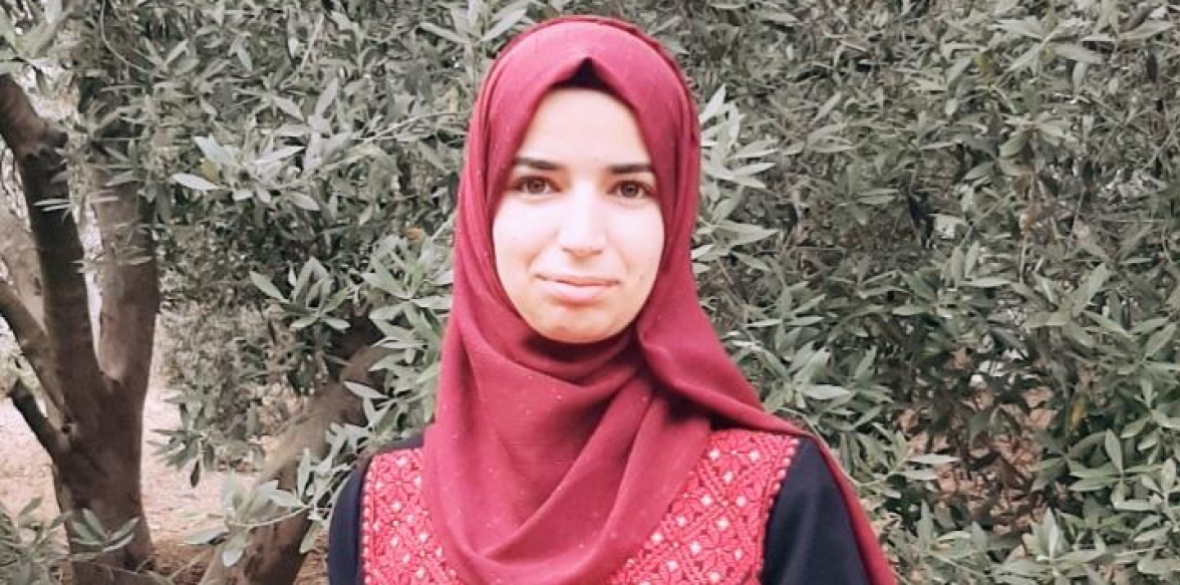This is the last article you can read this month
You can read more article this month
You can read more articles this month
Sorry your limit is up for this month
Reset on:
Please help support the Morning Star by subscribing here
I WAS born to a native father from Gaza, while my mother is a refugee.
I was the only student in the class who is native in the United Nations Relief and Works Agency for Palestine’s school in the Maghazi camp.
I always wonder how it must feel to be a refugee. I think I am a refugee in another context because I cannot return or even freely visit Palestine and its ethnically cleansed villages due to the Israeli ban on return, which is against human rights.
I can recall my mother’s stories since she lived in Ramallah for two years, and visited every single place in Palestine when she was a child.
I always looked deeply at photographs of the Nakba, searching people’s eyes to understand how they felt.
This kind of nostalgia and homesickness is how they feel. And it will explain their tears whenever you pronounce the name of their village or even show them a picture.
It is indeed an awful feeling. I can recall the feeling I had during the war on Gaza in 2014 when I was forced to flee my house for somewhere safer.
I am not able to forget the people who were behind us, fleeing with their families. That was my personal Nakba.
For my grandmother, it is a different story. She is originally from Fajja in Jaffa, which is a destroyed village and was surrounded by Led and Ramla’s villages.
Besides, Mlabbas, which was ethnically cleansed and replaced with the first zionist colony named ‘Btahtekfa.
After Fajja was destroyed, zionists joined it to the Btahtekfa settlement.
Since Fajja is located in Jaffa, it was famous for its orange trees and grains. Fajja used to have a school for 28 years before the Nakba.
Moreover, it was known for its cafe. Now, what is left from Fajja is only a house and pond.
Mona AlMsaddar, 25, is from Gaza where she works as an English teacher. She is part of a collective of young Palestinian writers called We are Not Numbers (wearenotnumbers.org), a collective of young writers from Gaza who put the human stories behind the numbers.










